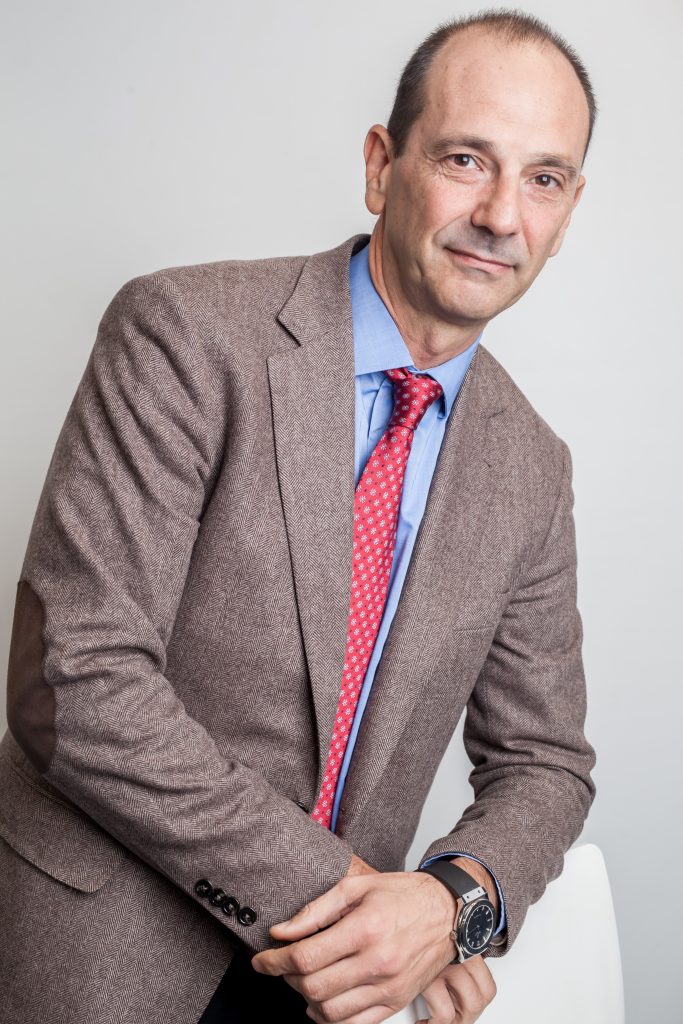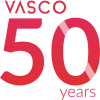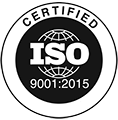Below you can choose which kind of cookies you allow on this website. Click on the "Save cookie settings" button to apply your choice.
Vasco Shipping is once again sponsoring La Sotera this year
In 2021, Vasco Shipping, part of Grupo Vasco, will once again sponsor the Itsasoko Ama (Virgen del Mar) rowing club from Santurtzi (which was only founded in the mid-20th century but with a strongly rooted tradition of rowing, as the fishing village it once was) and their ‘trainera’ rowing boat, “La Sotera”, currently competing in the ACT league (first division of fixed seat rowing).
Years ago, when I was playing rugby, our club used to share pre-season training sessions with the local rowers, and since then I have had a special fondness and admiration for this tough minority sport. But that is not why we are sponsoring the club. When the opportunity arose to help the rowing club in the village where the company is based, I decided to go ahead because, not only would it mean supporting a local organisation, in line with our Corporate Social Responsibility policy, but also this sport is attuned to some of the values that I believe are most important in our work and our business.
Trainera boat racing is popular in the local area, but for those who do not know it, they are boat races that use 12-metre fixed seat rowing boats, with a cox and 13 rowers divided into two groups, 6 on each side seated in pairs, and another rower at the prow. It is a sport that is practised throughout the region of Cantabria, from the Basque Country to Galicia, and specifically on the coast of Euskadi, almost every single coastal town has its own trainera rowing club.
Its origin might be rooted in the rivalry between coastal towns to reach and harpoon the first whales they saw, thus claiming ownership, or the need to have fast boats to net and catch pools of fish and get them to the market first to get the best price.
The races take place in the waters of a certain locality, and the winners claim the flag from the local town hall as their trophy, hence the name of the competitions: banderas (flags). The traditional racecourse is marked out by buoys at either end, forming four lanes, through which the boats have to row, turning 180º when they reach the end buoys a total of three times, completing four lengths that add up to 3 nautical miles (about 5.5 km).
It is especially spectacular when races take place in rough sea conditions with waves they have to get over as quickly as possible. The fixed seats make this sport especially hard, since rowers can’t use the natural bend and stretch of their legs for extra propulsion, relying solely on the movement of their upper body and arms. It’s absolutely brutal. You can certainly get hooked on this sport.
Today, technology is vital to achieving the goals set in this sport. The materials from which the boats and the oars are made are cutting edge, used to build parts of aircraft as well. The hulls of the boats are designed using computer programmes and are subjected to hydrostatic friction tests in test channels. The regulations regarding weights and designs are strict for competition. During the races, technical teams track the boat and sea and wind conditions from the ground by satellite and communicate “on-line” to the cox.
During the 20 minutes or so of racing, the rowers give it their absolute all as they face off against other boats all pursuing the same goal. The crew’s movements must be completely coordinated, especially during the turns (cyabogas) but also during the rest of the race, and the decisions made by the cox, depending on the sensations they are getting from the boat at any given time, are critical, often in rough conditions. The rowers are placed in the different positions (known as marca, contramarca, central, espalda, proel……) according to their characteristics and aptitudes, in pairs to ensure optimal team performance. The crew train hard to get ready for race day.
All these aspects are easily transferable to the world of business and to the values that our company develops as keys to success: the importance of people and their internal organisation in terms of their skills, promotion of training, hard work by all members to achieve a common goal, constant monitoring of internal conditions within the organisation and externally to it, technology to compete in the best possible way and to make the best decisions, leadership … all without losing the essence of what has brought us here.
We’ve all heard the fable of the boat race between a team from a Japanese company and another from a Spanish company that is often used to highlight the importance of teamwork (Japanese team made up of one captain and 10 rowers, and the Spanish company by a captain, two advisers, one consultant, 4 custodians, two section chiefs and only one rower). I had to mention it, of course, but I prefer to highlight another story, one about the importance of harmonious decision-making. Rowing is a team sport in which there is a person who not only guides the boat but has the responsibility of making decisions, and sometimes they make mistakes, but all the rowers follow the pace they set at every moment because they trust their cox’s decisions.
Companies are not just a single boat, they are made up of several boats in which people are not only able to but indeed must make decisions to avoid collapse. These smaller craft must all be rowing in the direction set by the larger boat that is the company, and their coxes must take this into account when they decide to guide their boat towards land or further out to sea, but they must follow the direction set. Rowers do not row blindfold. They also make individual decisions within the scope of their responsibility, but they must be in alignment with what their coxes are asking of them. What is vital for this entire fabric to work is trust, training and communication. Trust is created by promoting decision-making and not by punishing wrong decisions, even if they lose out on the occasional flag, speaking openly about them. The goal is to win the league. This dialogue is an essential part of the process of training and recognition of talent.
Recently, the word “co-governance” has been bandied about in the media. I think it is perfectly applicable to organisations and that is what we in our company are trying to do. The times when companies were boats with single cox who gave orders and rowers just had to blindly obey are long gone, or should be at any rate, since market conditions have changed. Coxes must be leaders, not bosses. And rowers must be aware of their responsibility.
 Mikel Urrutia
Mikel Urrutia
General Manager VASCO Shipping.






